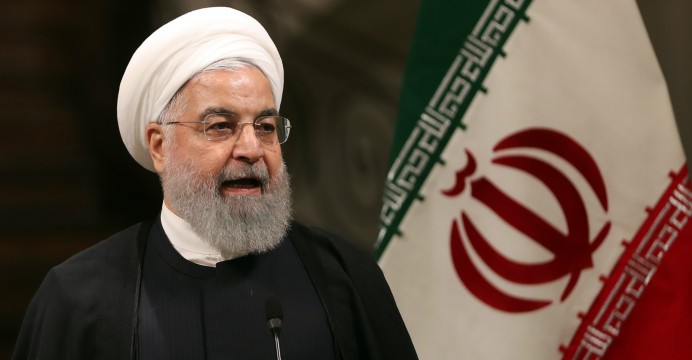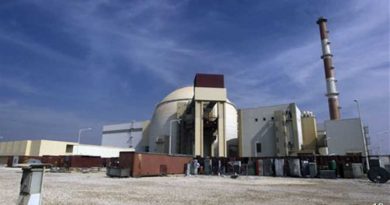Iran promises to avenge U.S. killing of top Iranian commander Soleimani
Baghdad (Reuters) – Iran threatened on Friday to hit back hard after a U.S. air strike in Baghdad on Friday killed Qassem Soleimani, commander of Iran’s elite Quds force and architect of its growing military influence in the Middle East.
Soleimani was a general who was regarded as the second most powerful figure in Iran after Supreme Leader Ayatollah Ali Khamenei.
The overnight attack, authorised by President Donald Trump, marked a dramatic escalation in a “shadow war” in the Middle East between Iran and the United States and its allies, principally Israel and Saudi Arabia.
Top Iraqi militia commander Abu Mahdi al-Muhandis, an adviser to Soleimani, was also killed in the attack.
Iran has been locked in a long conflict with the United States that escalated sharply last week with an attack on the U.S. embassy in Iraq by pro-Iranian militiamen following a U.S. air raid on the Kataib Hezbollah militia, founded by Muhandis.
Responding to the strike, Iraq’s prime minister said Washington had violated a deal for keeping U.S. troops in his country. Israel put its army on high alert and Britain and France voiced concerns about an escalation.
The Pentagon said the “U.S. military has taken decisive defensive action to protect U.S. personnel abroad by killing Qassem Soleimani” and that the strike was ordered by Trump to disrupt future Iranian attack plans.
U.S. officials, speaking on condition of anonymity, said Soleimani was killed in a drone strike. Iran’s Revolutionary Guards said he was killed in an attack by U.S. helicopters.
Concern about disruption to Middle East oil supplies pushed oil prices up nearly $3.
Khamenei said harsh revenge awaited the “criminals” who killed Soleimani. His death, though bitter, would double the motivation of the resistance against the United States and Israel, he said.
In a statement carried by state television he called for three days of national mourning.
The U.S. embassy in Baghdad urged all American citizens to depart Iraq immediately.



